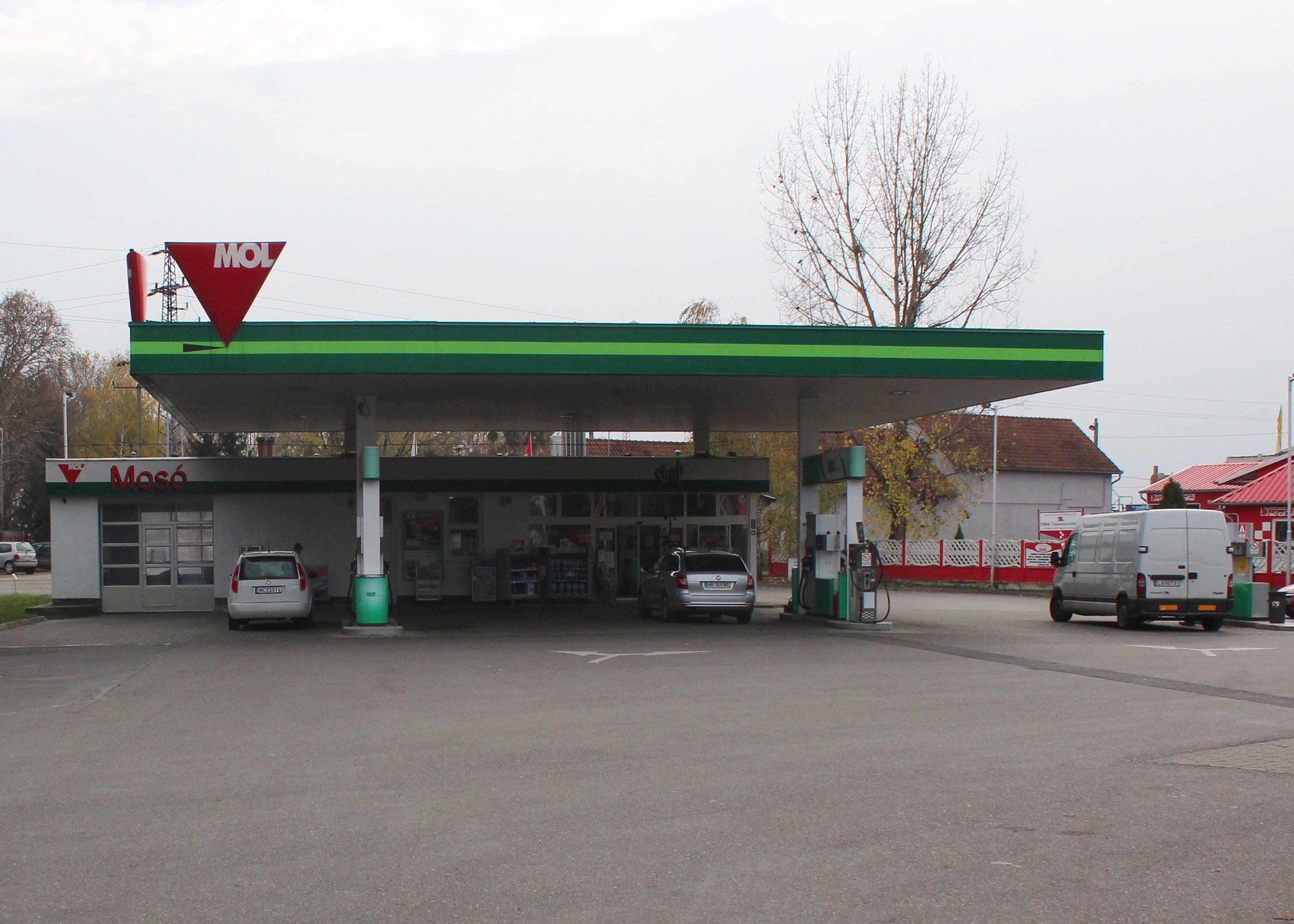Croatia government seeks to change Agreement with Hungarian MOL

The Croatian government and the Hungarian MOL oil and gas group have entered into negotiations over the future of INA, the main oil and gas company in Croatia and the largest business entity in the country.
MOL (itself Hungary’s largest business group, 25 percent state-owned) holds 49.1 percent of INA’s shares, making it the biggest foreign investor in Croatia. This is also MOL’s biggest investment commitment abroad. MOL, furthermore, holds dominant management prerogatives in INA. The Croatian government, however, holding 44.8 percent of INA’s shares, seeks to change the status quo (HINA, MTI, November 8; Poslovni Dnevnik, Jutarnji List, November 14), Balkans.com reports.
Balkans.com said, negotiations are ongoing against a backdrop of extra-economic pressures and intimidation, applied by elements in the Croatian government on the Hungarian company. There is continuity in this regard between the immediately preceding government of the conservative Croatian Democratic Union and the current, Social-Democrat-led coalition government in office since December 2011. Both governments have sought to regain “national” control over INA from the foreign investor. They have made it increasingly harder for MOL to operate in the country, regardless of MOL having turned INA from an insolvent relic of Yugoslav socialism into a healthy enterprise. Modern management was a key to that turnaround. According to the Hungarian government, MOL has invested nearly €3 billion ($4 billion) in INA (MTI, October 2).
According to Balkans.com, the Croatian government’s other rationale, which has caught more public attention, is a legal case against MOL’s president and CEO, Zsolt Hernadi, connecting this with the case of Ivo Sanader, former prime minister of Croatia in 2009. In 2012, Sanader was sentenced to ten years in prison by a Croatian court of first instance in two corruption cases, one of them based on the testimony of a businessman who was himself under multiple indictments at that time. He claimed that MOL’s chief had bribed Sanader into approving the 2009 INA shareholder agreement. Sanader denies this and has appealed the verdict to the court of the next higher instance. Balkans.com said, the Croatian government at that time had approved that agreement collectively. But the current Croatian government has issued an arrest warrant against Hernadi, followed by an international warrant in October, escalating the situation beyond the level of a business dispute among shareholders in a joint company. This move is casting a shadow over the negotiations that have started.
Read more HERE.
Photo: Daily News Hungary
Source: http://www.balkans.com/

